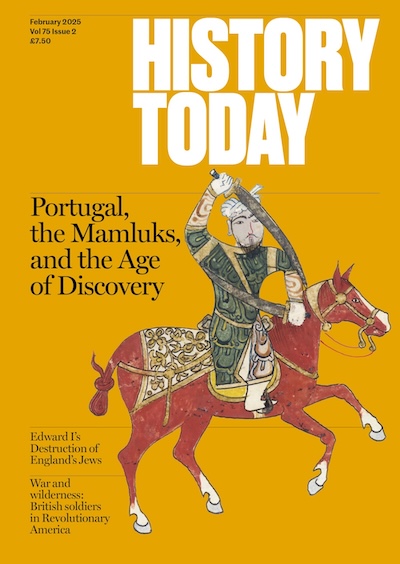The English Context of the British Civil Wars
John Adamson argues that the importance of the Celtic fringe in the events of the 1640s has been exaggerated.
Few reinterpretations of the mid-seventeenth-century Stuart crisis have been more thoroughgoing than that offered by the New British History. The sequence of conflicts from the Covenanter revolt in 1637 through to the Anglo-Scottish wars of 1650-51, so the argument runs, can only be properly understood as a single process: a series of 'Wars of the Three Kingdoms', each interlocking and intertwined. From this premise various implications follow. To centre a historical narrative around the experience of any one nation is to distort the picture as a whole. In a truly 'archipelagic' perspective, on the other hand, all three Stuart kingdoms (though not, it seems, the Principality of Wales) must be accorded roughly equal importance. In the Wars of the Three Kingdoms, symmetry is of the essence: each nation is considered equally relevant to the conflict and deserving of equal regard. By the same token, to upset this balance by giving greater emphasis to England over the other two is to invite the accusation of 'anglocentrism', the New British History's ultimate term of rebuke.





